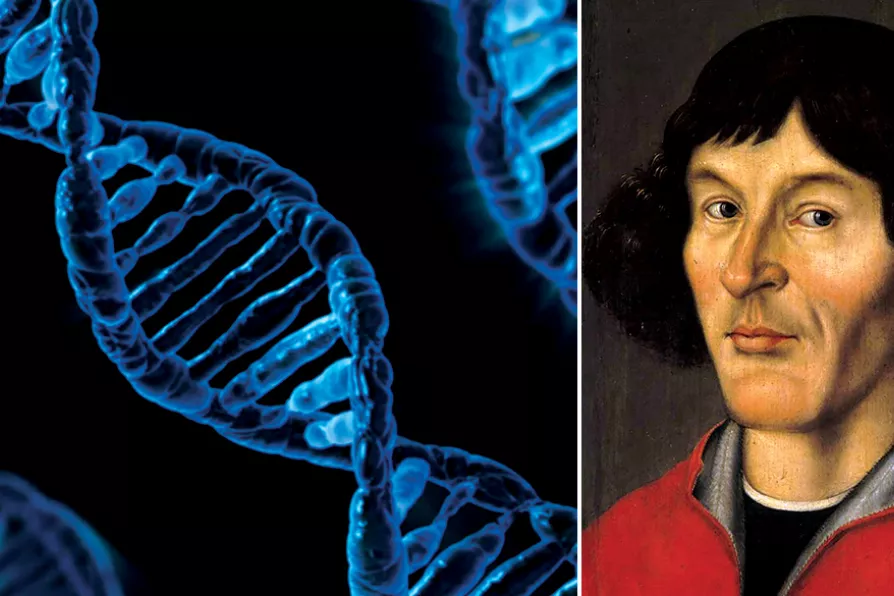As tens of thousands return to the streets for the first national Palestine march of 2026, this movement refuses to be sidelined or silenced, says PETER LEARY

 PARADIGM SHIFTS: (L to R) The human DNA model takes on a double helix shape, 2016; Portrait Nicolaus Copernicus Torun Town Hall, 1580, unknown artist
PARADIGM SHIFTS: (L to R) The human DNA model takes on a double helix shape, 2016; Portrait Nicolaus Copernicus Torun Town Hall, 1580, unknown artist
IN 1962 the philosopher of science Thomas Kuhn published the book The Structure of Scientific Revolutions.
In it he claimed that science progressed through a series of revolutions in scientific knowledge for which he coined the term “paradigm shifts.”
These paradigm shifts were radical new ideas and knowledge that subverted the previous understanding in a field of science and set it on an entirely new path.

JOHN GREEN’s palate is tickled by useful information leavened by amusing and unusual anecdotes, incidental gossip and scare stories

Neutrinos are so abundant that 400 trillion pass through your body every second. ROX MIDDLETON, LIAM SHAW and MIRIAM GAUNTLETT explain how scientists are seeking to know more about them

A maverick’s self-inflicted snake bites could unlock breakthrough treatments – but they also reveal deeper tensions between noble scientific curiosity and cold corporate callousness, write ROX MIDDLETON, LIAM SHAW and MIRIAM GAUNTLETT











